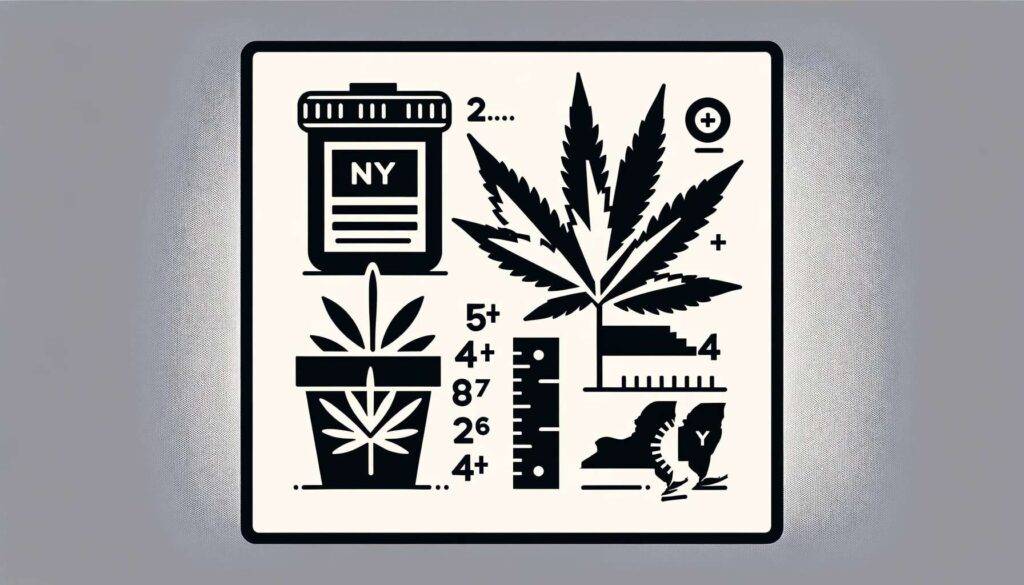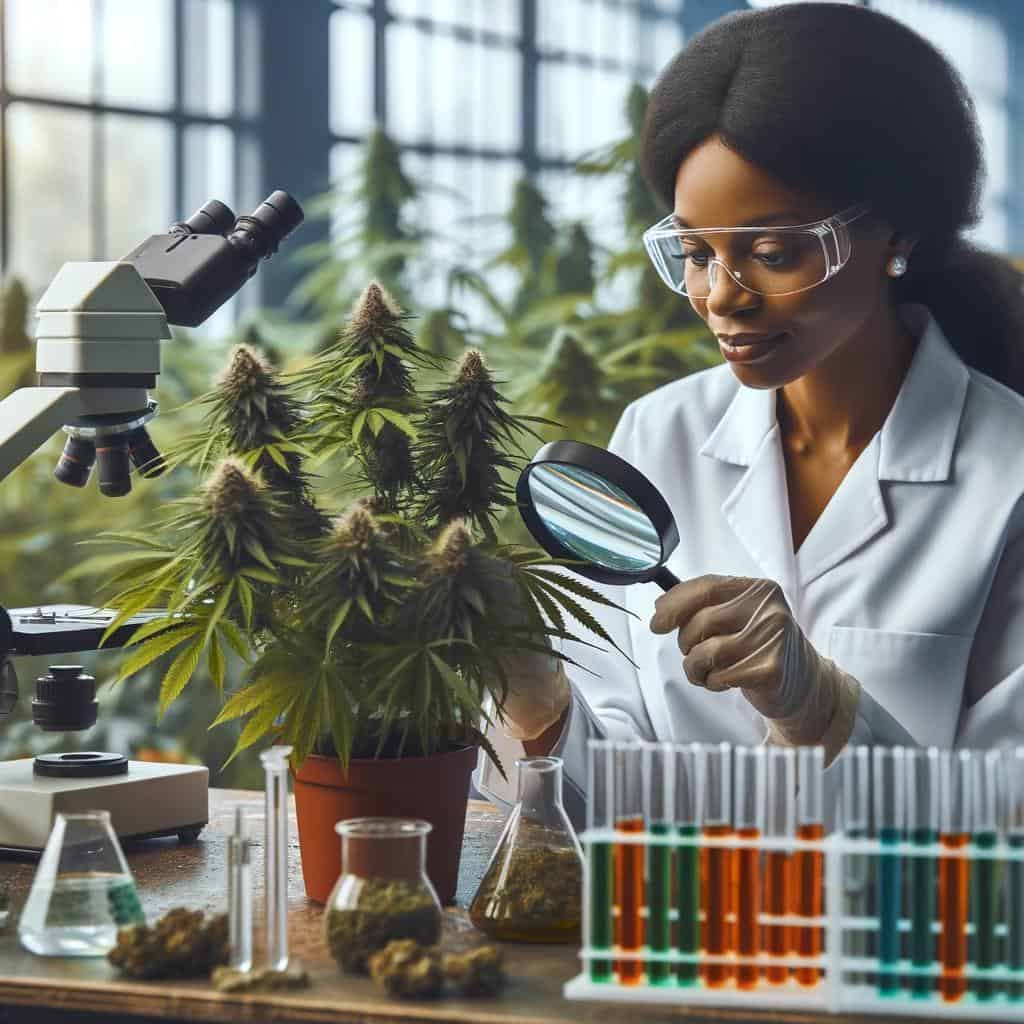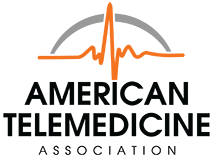- [email protected]
- (619) 304-4004
In New York, adults can legally possess up to 3 ounces of marijuana flower or 24 grams of concentrate.. Medical marijuana patients can cultivate up to six plants and possess five pounds at home. Certification and registration with the state are required, with specific rules for secure cultivation and storage.
Medical Marijuana in New York

New York’s marijuana laws allow adults 21 and over to possess up to 3 ounces of marijuana or 24 grams of concentrate. Medical marijuana patients, under the Compassionate Care Act, have specific cultivation rights: they can grow up to six plants (three mature, three immature), with a household maximum of twelve plants. Each patient or caregiver can possess up to five pounds of home-cultivated cannabis.
To access medical marijuana, patients must be certified by a registered practitioner and registered with the state’s Department of Health. The law also includes provisions for secure cultivation and storage, protecting tenants’ rights to use medical marijuana while allowing landlords to enforce smoke-free policies.
These regulations, aimed at ensuring access and preventing misuse, reflect New York’s evolving stance on cannabis for therapeutic use. For more detailed information on these regulations, it’s advisable to consult the full legal texts.
The current legal status of medical marijuana in New York is that it is legal for patients with qualifying medical conditions. This legality stems from the Compassionate Care Act, which was signed into law on July 5, 2014.
Under this law, medical marijuana is available for patients diagnosed with severe, debilitating, or life-threatening conditions like cancer, HIV/AIDS, ALS, Parkinson’s disease, multiple sclerosis, chronic pain, and others. These conditions must be accompanied by associated or complicating conditions like severe nausea, seizures, or severe or persistent muscle spasms.
Patients seeking medical marijuana must first be certified by a registered practitioner, which includes physicians, physician assistants, and nurse practitioners. After certification, patients must register with the New York State Department of Health (DOH). Once registered, they receive a registry identification card, allowing them to purchase approved medical marijuana products from registered dispensaries.
The law also allows for the possession of a 30-day supply of medical marijuana, and patients can refill their supply seven days before it runs out. The cultivation of marijuana for medical purposes is also permitted, with each patient or caregiver allowed to grow up to three immature and three mature plants, with a maximum of twelve plants per household.
How does New York’s medical marijuana program operate?
New York’s medical marijuana program operates under a framework where eligible patients can access medical cannabis if deemed appropriate by a certifying health care provider.
Here’s an overview of how the program functions:
This comprehensive approach ensures that the program operates efficiently and safely, providing eligible patients with access to medical marijuana under regulated conditions.
In New York, medical marijuana patients are automatically registered with the Medical Cannabis Program once certified by their health care provider. There is no specific mention of the exact legal possession limits for medical marijuana on the Office of Cannabis Management’s website.
However, a 60-day supply of medical marijuana is considered the recommended possession limit. This amount can be determined by the patient’s certifying practitioner based on their specific needs.
While the general adult-use possession limit is 3 ounces of flower or 24 grams of concentrate, these limits do not apply directly to medical marijuana patients. Their possession depends on their certified needs and practitioner recommendations.
It’s important for medical marijuana patients to consult their certifying health care provider or the dispensary for detailed information on possession limits as per their medical needs and certification.

The possession limits for medical marijuana in New York, like in many regions, are determined based on a combination of factors intended to balance patient needs with regulatory controls. These factors include:
These regulations are monitored and enforced by state agencies, ensuring compliance with the legal framework.
Possession limits for medical marijuana are important for several reasons:
These limits are a key part of a regulated medical marijuana program, balancing patient needs with public health and safety considerations.
Yes, patients in New York can cultivate medical marijuana under specific conditions. Each patient or their designated caregiver is allowed to grow up to three immature and three mature plants. A household, regardless of the number of residents, is permitted to grow a maximum of twelve plants, which includes six mature and six immature plants.
These cultivation limits are designed to ensure that patients have adequate access to medical cannabis for their personal use while maintaining regulatory oversight to prevent misuse and diversion.
In New York, the legal limits for cultivating medical marijuana at home are as follows: Each patient or caregiver is allowed to grow up to three immature and three mature plants.
For a household, regardless of the number of adults, the maximum number of plants is twelve, which includes six mature and six immature plants. This regulation ensures that patients have access to medical cannabis for personal use while maintaining control over its cultivation and use.
Cultivation limits for medical marijuana in New York are designed to balance patient access with control and safety.
By allowing patients or their caregivers to grow a limited number of plants (up to three mature and three immature plants per patient, with a maximum of twelve plants per household), these regulations ensure that patients have enough cannabis for their personal medical use while preventing excessive cultivation that could lead to misuse or illegal distribution.
Eligibility to possess and cultivate medical marijuana in New York is limited to patients who have been certified for medical marijuana use by a registered health care provider. These patients must have a qualifying medical condition as defined under the state’s medical marijuana program.
Additionally, caregivers designated by these patients are also eligible to cultivate cannabis on behalf of the patient, adhering to the same cultivation limits.
Exceeding possession or cultivation limits for medical marijuana in New York can lead to serious legal consequences. These may include civil penalties, fines, or even criminal charges, depending on the extent of the violation.
The severity of penalties typically depends on the amount of marijuana involved and whether it’s a first-time or repeated offense. The state’s laws aim to ensure medical marijuana is used responsibly and legally, so adhering to these limits is crucial for patients and caregivers.
Patients in New York can ensure they are complying with medical marijuana laws by:
Regularly checking for updates and changes in the law is also important for ongoing compliance.
In New York, medical marijuana patients have the right to possess and cultivate cannabis within legal limits. They can possess a 60-day supply of medical marijuana and cultivate up to three mature and three immature plants, with a maximum of twelve plants per household.
These rights are contingent on complying with state regulations and are provided to ensure that patients have access to their medication while maintaining public safety and preventing misuse.
To protect their rights while adhering to legal limits, medical marijuana patients in New York should consider the following guidelines:
By following these guidelines, medical marijuana patients in New York can protect their rights and ensure they are compliant with state regulations.
In New York, medical marijuana patients seeking legal assistance or clarification can access various resources:
For the most accurate and up-to-date information, it’s recommended to visit the Office of Cannabis Management website or consult with a registered healthcare provider.
The regulation of medical marijuana sales and distribution in New York is governed by comprehensive laws and regulations, ensuring a controlled and equitable market. Here’s a detailed overview:
For those interested in the cannabis industry in New York, staying informed about the latest regulations and guidelines from the OCM is crucial.
The Office of Cannabis Management website provides comprehensive information and updates on the regulatory process, licensing applications, and other key aspects of cannabis regulation in New York.
Legally approved medical marijuana in New York can be purchased at licensed dispensaries across the state. These dispensaries are operated by Registered Organizations (ROs) that are authorized by the state’s Office of Cannabis Management (OCM).
To ensure that you are visiting a legal and licensed dispensary, look for a blue and white sticker displayed on the location, known as a “Dispensary Verification Tool.” This sticker includes a QR code that can be scanned to confirm the dispensary is on the OCM’s list of all the licensed dispensaries.
The dispensaries offer a range of products including edibles, tinctures, vape oils, and flower. All legal cannabis products in New York must be cultivated within the state by licensed cultivators, ensuring quality and compliance with state regulations. These products are also tested, labeled for potency, and taxed.
If you’re interested in finding a specific dispensary location near you, the OCM’s website provides a list of registered medical cannabis dispensaries where you can purchase these products. Additionally, the website includes valuable information regarding the Medical Cannabis Program, including how the program works, regulations, and FAQs for patients, practitioners, and caregivers.
Can medical marijuana patients legally distribute or sell their own supply?
Medical marijuana patients in New York are not legally allowed to distribute or sell their own supply. The state’s medical cannabis program, governed by the Marijuana Regulation and Taxation Act (MRTA), permits the use, possession, and cultivation of cannabis under specific conditions for medical purposes. However, it does not extend the privilege to distribute or sell marijuana to patients or caregivers.
Patients certified for medical cannabis by their health care provider are automatically registered with the Medical Cannabis Program. They can purchase medical cannabis from licensed medical dispensaries operated by Registered Organizations (RO) in New York State.
The prices of these medical cannabis products can vary among registered organizations and may change over time. Patients should directly contact these organizations to obtain the latest pricing information and inquire about any discount programs that might be available to help with the cost of medical cannabis.
The sale or distribution of medical marijuana by patients or caregivers to others is a violation of state law and carries significant legal penalties.
It’s crucial for patients and caregivers to adhere strictly to the guidelines provided by the New York State Office of Cannabis Management, including obtaining cannabis only from licensed medical dispensaries and using it as per the medical recommendations provided by their healthcare provider.
Medical marijuana patients in New York can purchase up to a 60-day supply of cannabis products. This limit is based on the dosing recommendations of the patient’s certifying health care provider (NORML).
Yes, qualified patients are allowed to home-cultivate up to six plants, but only three of these can be mature at any given time. These plants must be grown in an enclosed space that is not visible to the public, and patients may possess up to five pounds of cannabis from their harvest (NORML).
Yes, caregivers can cultivate cannabis for a maximum of four patients. Caregivers of medical marijuana patients are also subject to the same cultivation limits as patients, capped at three mature plants and three immature plants with a maximum of 12 in total per household, even if they are growing on behalf of more than one patient (Marijuana and the Law).
Cultivating more than six plants is considered a misdemeanor offense in New York, punishable by up to one year in jail and a $1,000 fine. Additionally, cultivating amounts exceeding legal limits can also be considered as possession, which may result in further penalties if the amount exceeds three ounces (Marijuana and the Law).
Registered patients in New York can buy medical cannabis products from dispensaries operated by Registered Organizations (RO) in the state. Patients should contact these organizations directly to find out about product availability and pricing, as prices can vary and may change over time (Office of Cannabis Management).
In conclusion, the possession and cultivation limits for medical marijuana in New York are carefully regulated to balance patient needs with public safety and legal compliance.
Medical marijuana patients are allowed to purchase up to a 60-day supply of cannabis products, and they can cultivate up to six plants at home (with a maximum of three mature plants at any given time), while ensuring that these plants are not visible to the public.
Patients can possess up to five pounds of cannabis harvested from their cultivation. Caregivers, who can cultivate for a maximum of four patients, are subject to the same cultivation limits.
The regulations are in place to prevent misuse and ensure that medical marijuana is used responsibly for therapeutic purposes. Exceeding these limits can lead to legal repercussions, including fines and potential jail time. Therefore, it is crucial for patients and caregivers to adhere strictly to these guidelines.
For anyone involved in the use or cultivation of medical marijuana in New York, understanding and complying with these regulations is essential. It ensures that they can benefit from the therapeutic properties of cannabis while staying within the legal framework established by the state.

A1 Marijuana Doctors is an online platform, that connects marijuana patients to marijuana doctors in their state.

A1 Marijuana doctors is an online platform that connects medical patients to medical marijuana doctors. We offer a quick & easy way to apply for a medical marijuana card in all legal states.
Social Links
Contact Us
Quick Links
Trusted By




This website does not sell medicine nor controlled substances. It is a network of doctors & nurse practitioners, not a pharmacy / dispensary.
Copyright ©2023 A1 Marijuana Doctors. All rights reserved.